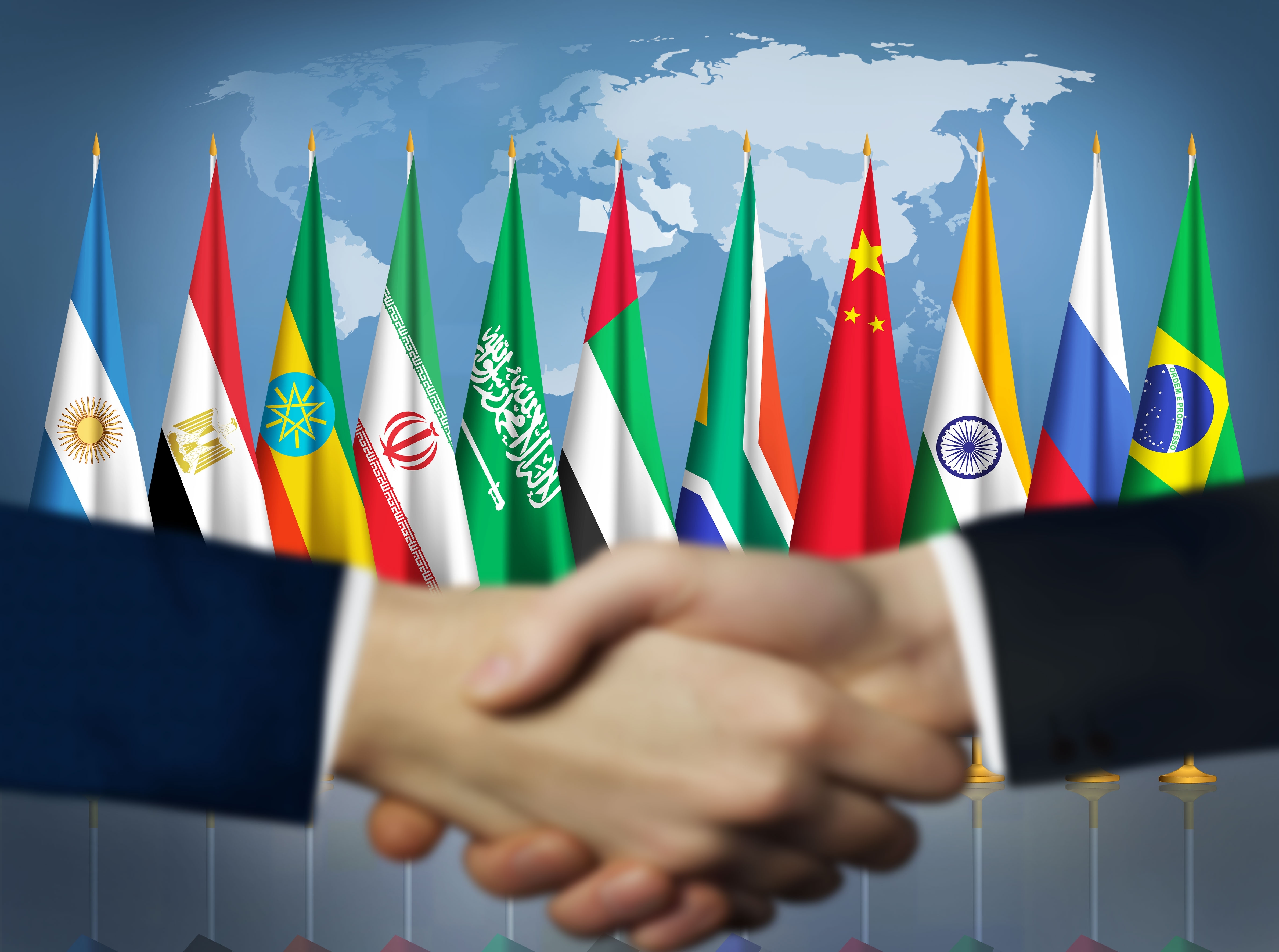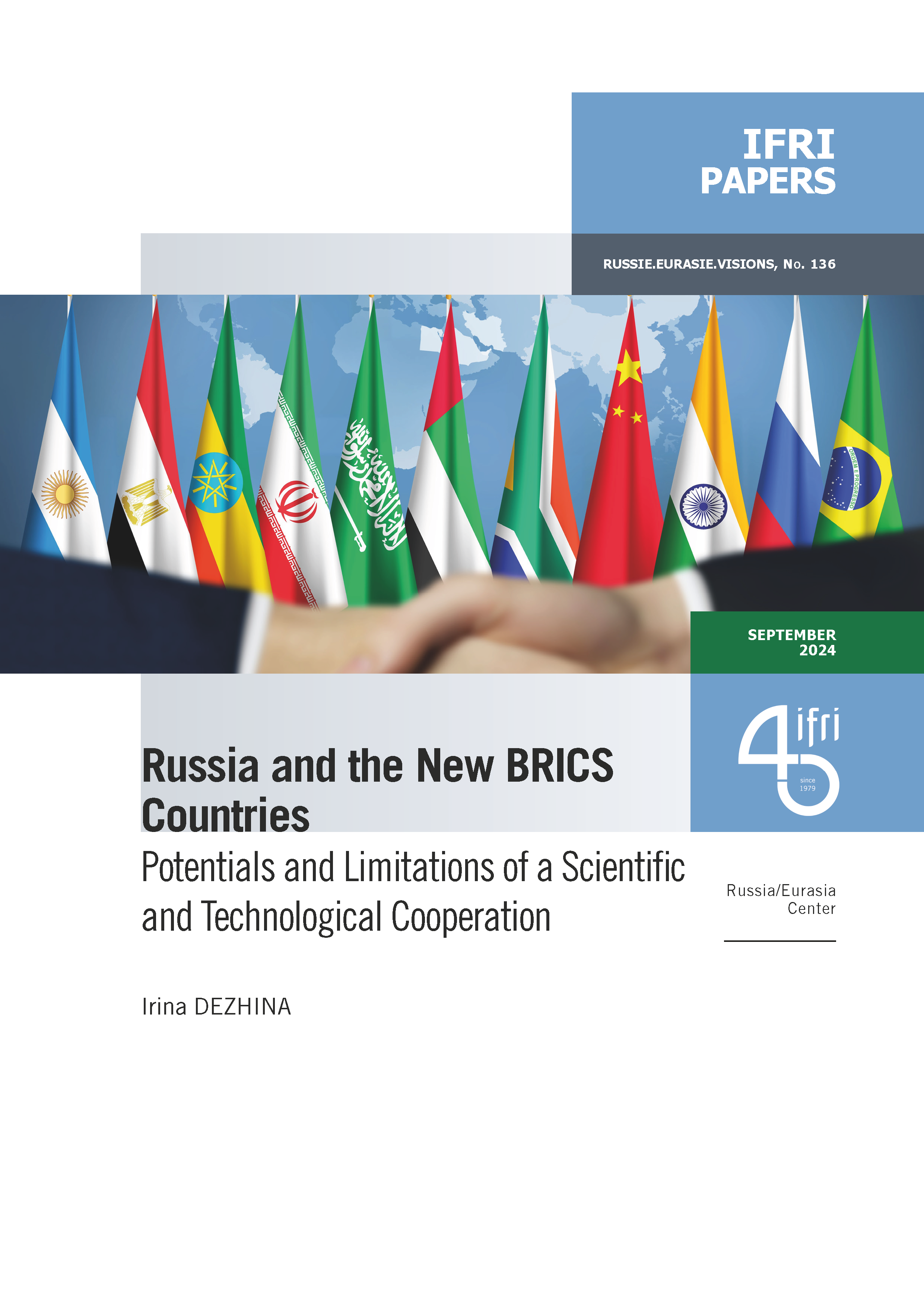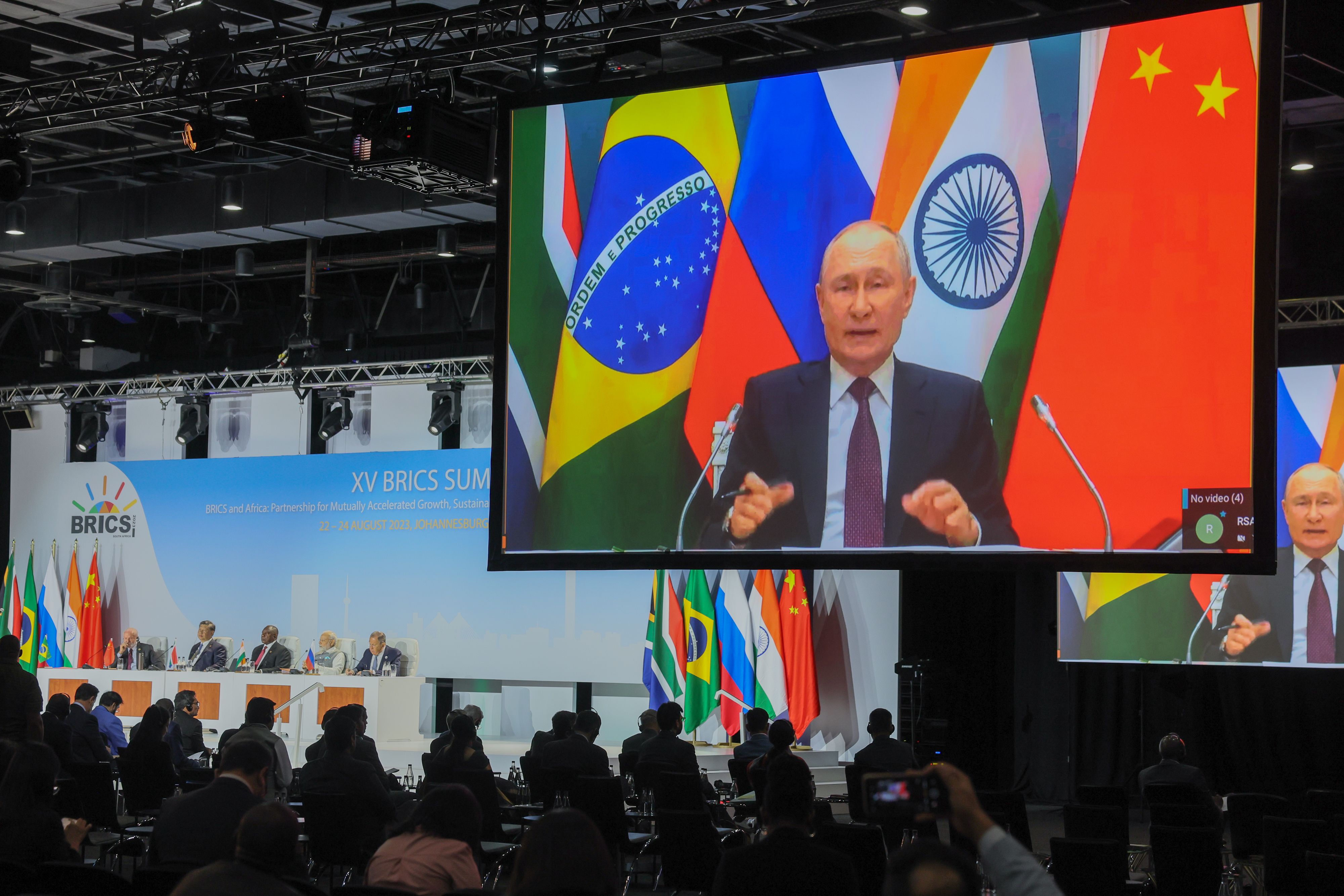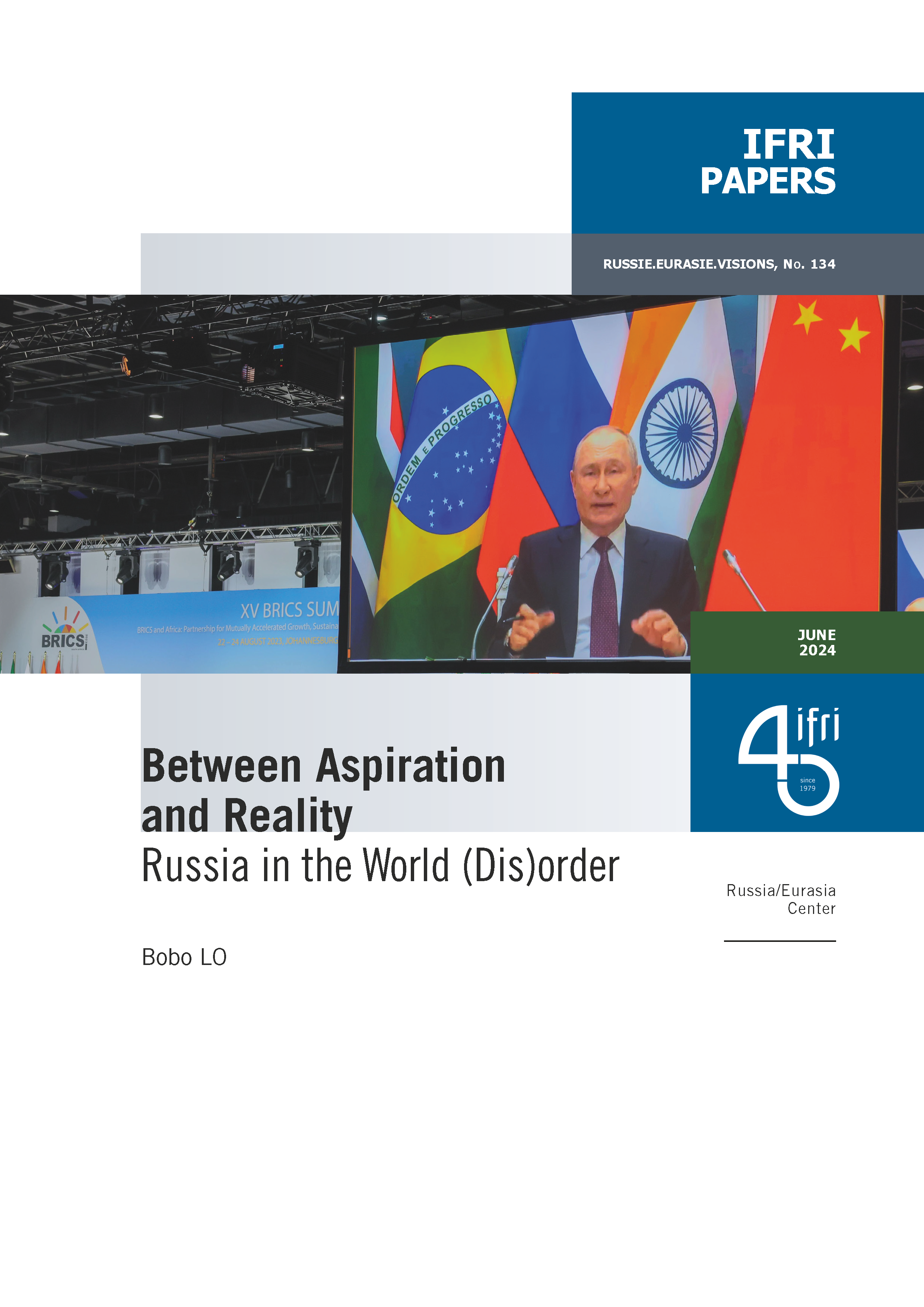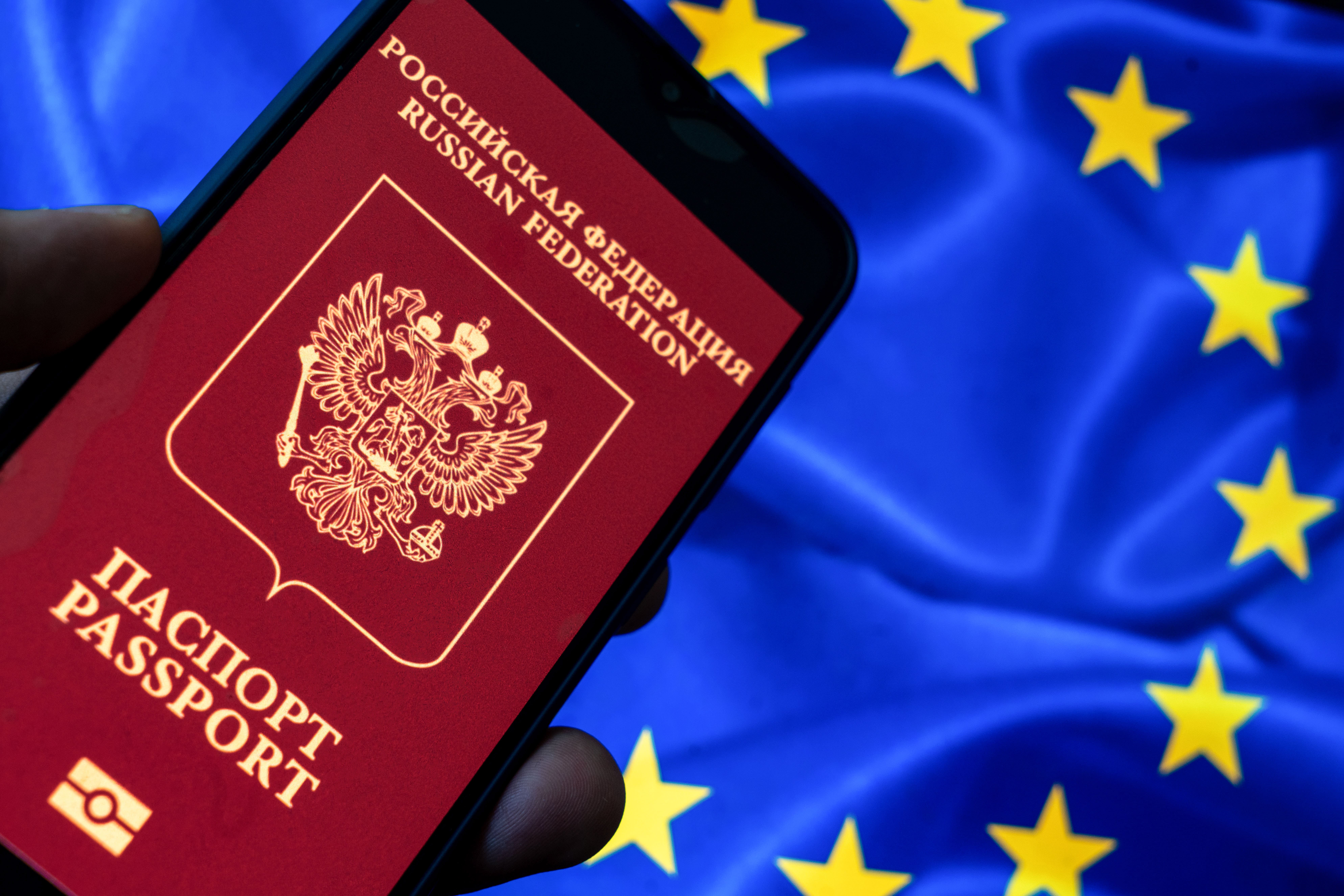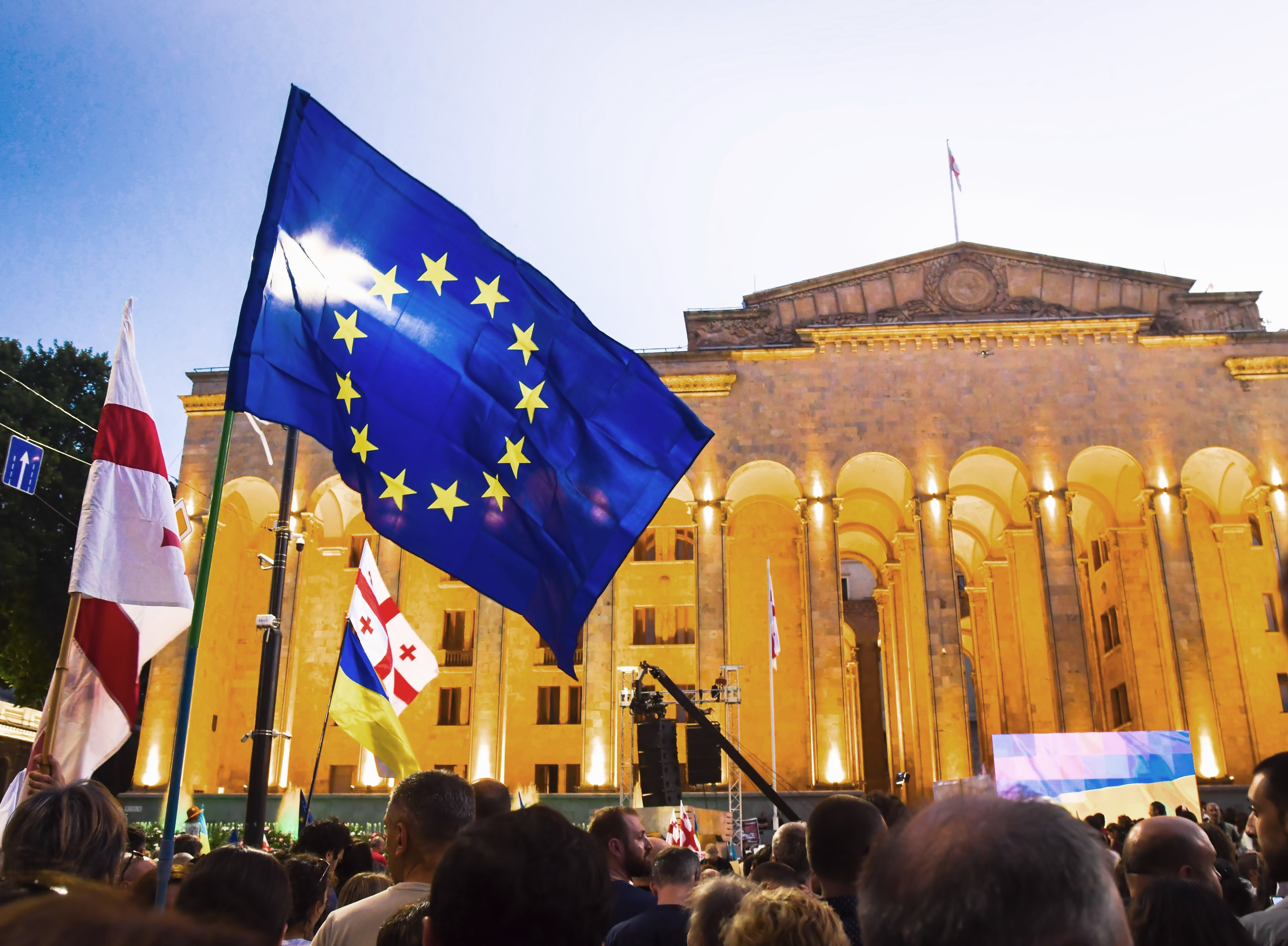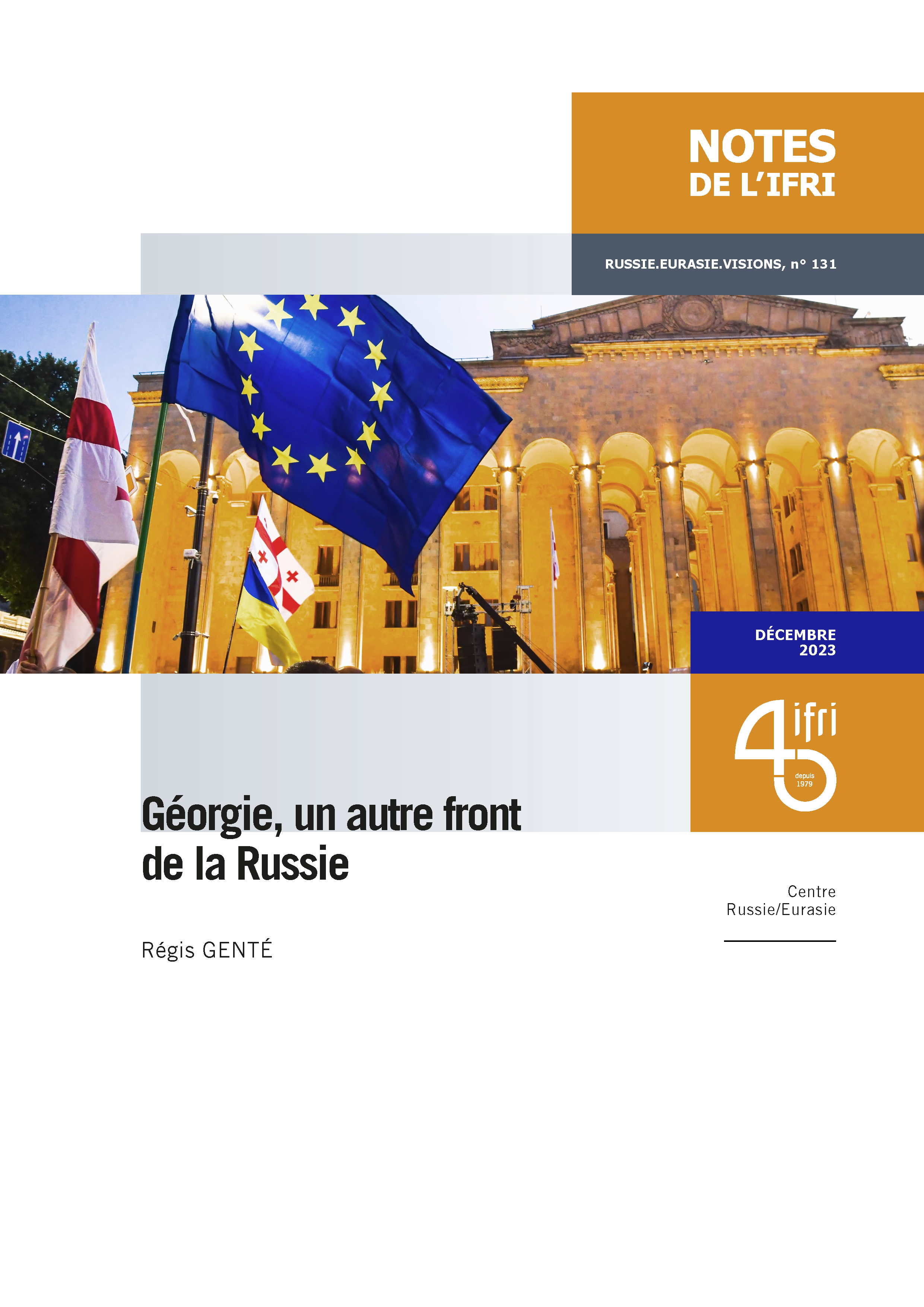Russia/Eurasia Center
Founded in 2005 within Ifri, the Russia/Eurasia Center conducts research and organizes debates on Russia, Eastern Europe, Central Asia, and the South Caucasus. Its goal is to understand and anticipate the evolution of this complex and rapidly changing geographical area in order to enrich public discourse in France and Europe and to assist in strategic, political, and economic decision-making.
Read more


Director of the Russia/Eurasia Center, Ifri
Publications
See all our interventions
Flagship Publications
Titre Bloc Axe
Research Areas
See all our interventions
Titre Axe de recherche
Russian Economy and Society
The Economy and Society research axis within Ifri's Russia/Eurasia Center is interested in economic questions including the impact of Western sanctions on the Russian economy as well as the evolution of society (demography , middle classes, youth, education, opposition, militarization, protest movements, etc.).

Titre Axe de recherche
Russian Domestic Politics
The Domestic Politics research axis within Ifri's Russia/Eurasia Center analyzes Russian domestic politics, the evolution of the political system and its elites, as well as their relations with society.
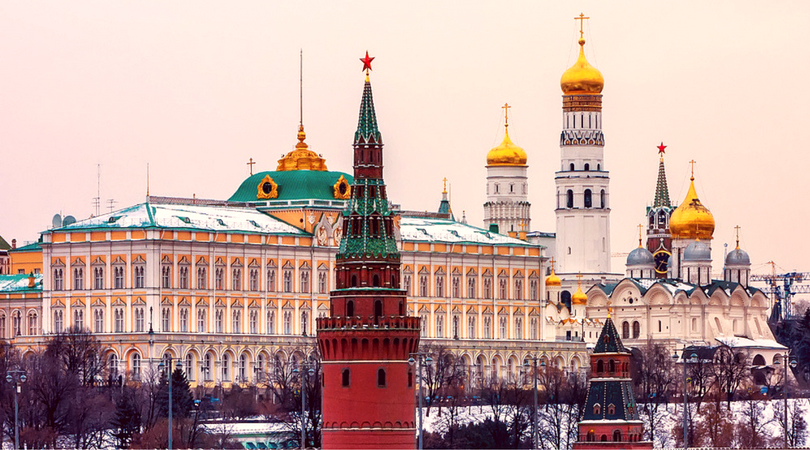
Titre Axe de recherche
Russian Foreign Policy and Defense
The Foreign Policy and Defense research axis within Ifri's Russia/Eurasia Center examines Russia's relations with the former Soviet republics and the rest of the world, particularly the West and China. A specific importance is given to defense and security issues.
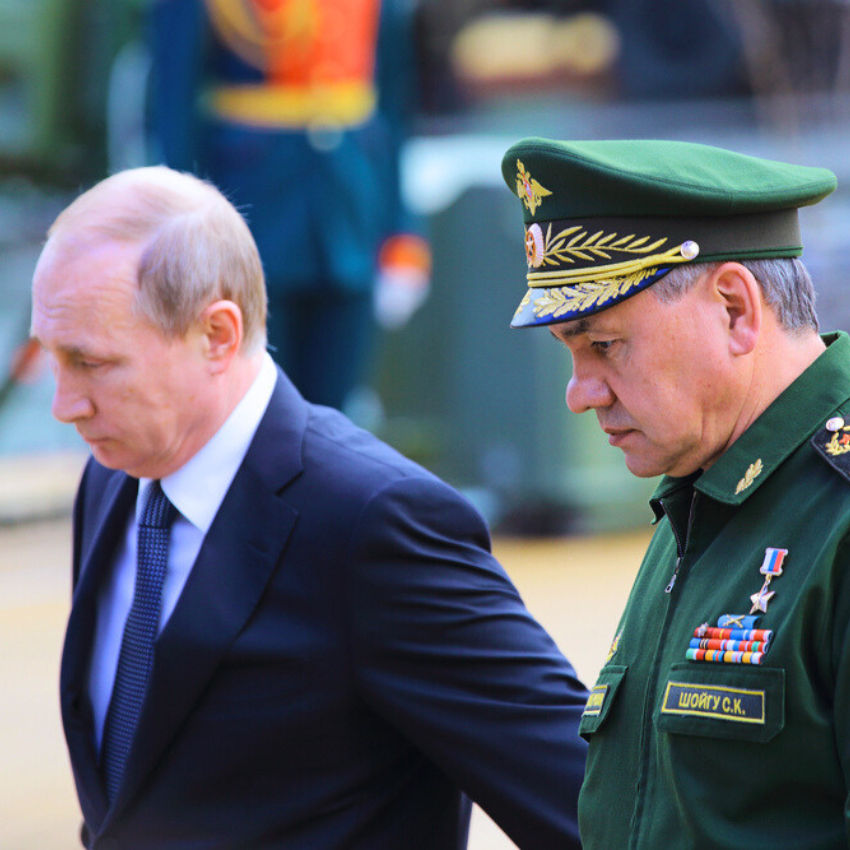
Titre Axe de recherche
Eurasia
The Eurasia research axis within Ifri's Russia/Eurasia Center analyzes internal developments in Ukraine, Moldova, Belarus, Georgia, Armenia, Azerbaijan, Kazakhstan, Uzbekistan, Turkmenistan, Tajikistan and Kyrgyzstan, as well as their relations with the Russian Federation and other regional and global powers.
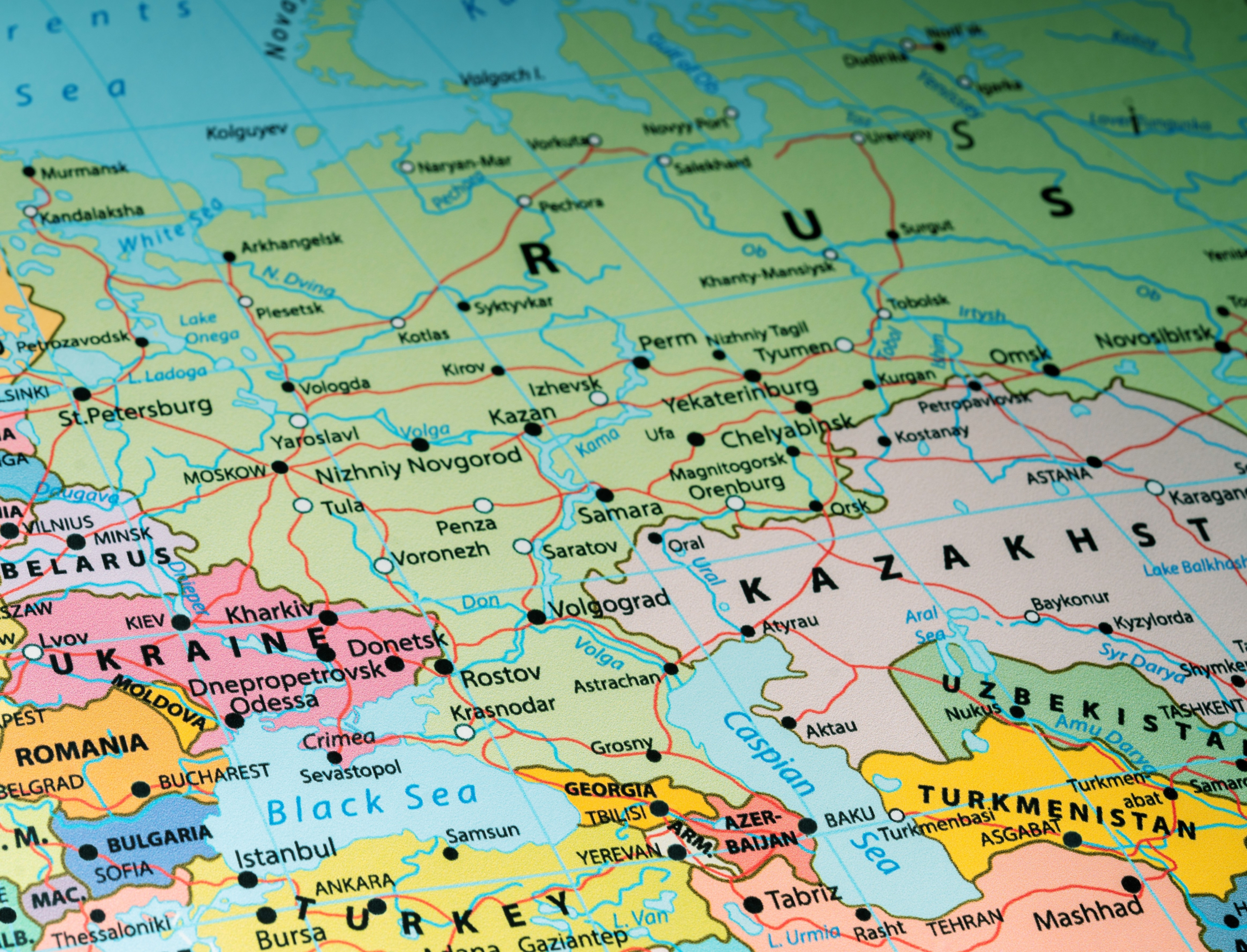
Publications
The Jewish Diaspora and the Russo-Ukrainian Crisis
Two questions arise when the role of a diaspora in crisis is considered. Do diasporas embody an internal threat to the security of the nation state? And why do some efforts to use diasporas as a tool of international politics succeed while others fail? In this paper, the Ukrainian 2014-2015 crisis involving Russia is analyzed in order to suggest answers to these questions. The author examines the political reactions of a specific diaspora group: the Jews in Ukraine and Russia.
German-Russian Relations: Change of Paradigm versus 'Business as Usual'
In 2014, Germany’s relations with Russia markedly deteriorated. The decline was precipitous but it did not occur suddenly. It began some time before Moscow’s annexation of Crimea in March 2014 and the Kremlin’s support for separatism and thinly concealed military intervention in eastern Ukraine.
Frontiers New and Old: Russia’s Policy in Central Asia
For much of the post-Soviet period, Central Asia has been a backwater of Russian foreign policy. But things are changing. Circumstances in and beyond the region are driving a more committed approach in Moscow.
Moldova's National Minorities: Why are they Euroskeptical?
Following the 2014 separatist conflict in Ukraine, observers have worried about the potential for a similar conflict in Moldova that would interrupt the country’s EU association. Indeed, Moldova’s national minorities largely oppose the country’s process of approximation and integration with the European Union.
Russia and Global Climate Politics
Russia, as the fourth largest greenhouse-gas emitter in the world, and a major supplier of fossil fuels causing these emissions, played a decisive role in the enforcement of the Kyoto Protocol, the main instrument of global climate policy so far.
"Green Economy": Opportunities and Constraints for Russian Companies
The article explores the importance of a transition to a “green economy” for Russia, as well as the potential opportunities and constraints for its national businesses.
Gazprom in Europe: a Business Doomed to Fail?
The construction of what is nowadays called European energy policy is an ongoing process that officially started with the creation of the European Coal and Steel Community in 1951, and has not yet been entirely finalized. It took several decades to move from a Community composed of six countries to a policy – not fully fledged – intended to strengthen as much as possible cohesion between 28 EU member states in the energy sector.
The Crisis in Ukraine: An Insider's View
By the end of 2013 the numerous miscalculations of the Yanukovych regime had deepened the systemic crisis in Ukraine, the crux of which was the tension between the people's hopes of independence and the inefficiency of the country's post-Soviet political and social system.
Russia's Academy of Sciences' Reform: Causes and Consequences for Russian Science
This paper analyzes the origins and causes of the radical reforms undertaken in Russia’s academic sciences sector, which resulted in the fusion of three state academies in 2013.
Russia: Youth and Politics
Young people are the most politically active and impulsive part of any society.
The Team

Our research fellows: Russia/Eurasia Center
Support independent French research
Ifri, a foundation recognized as being of public utility, relies largely on private donors – companies and individuals – to guarantee its sustainability and intellectual independence. Through their funding, donors help maintain the Institute's position among the world's leading think tanks. By benefiting from an internationally recognized network and expertise, donors refine their understanding of geopolitical risk and its consequences on global politics and the economy. In 2024, Ifri will support more than 70 French and foreign companies and organizations.








